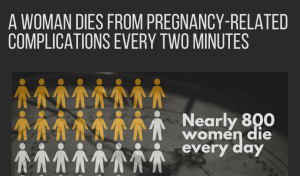Germany puts anti-lockdown group under surveillance for possible extremist ties

The country’s Federal Office for the Protection of the Constitution (BfV) announced on Wednesday that the new surveillance would focus on some members of the ‘Querdenker’ group.The movement has been promoting coronavirus and vaccine skepticism as well as other conspiracy theories, and has been involved in violent anti-lockdown protests. Interior Minister Horst Seehofer said the Querdenker movement had shown it was willing to use violence and that the authorities have to protect the rule of law in the country.”Right wing extremists are trying to take control [of these events] — and what we cannot tolerate at all is violence,” Seehofer said at a news conference in Berlin on Wednesday. He stressed that people have the right to express their opinions, but that there is “zero tolerance” for extremism.Members of the movement — whose name means “thinking outside the box” or “lateral thinking” — have been protesting against lockdown measures since the start of the pandemic. Several German states have announced similar moves against the movement in the past. In December last year, the Baden-Württemberg Office for the Protection of the Constitution said it was monitoring the Querdenker movement. At that time, the office said the movement was deliberately mixing “extremism, ideological conspiracy and anti-Semitism” with legitimate criticism of the state measures to contain the pandemic.German authorities have previously said the movement has links to far-right groups. The Baden-Württemberg authorities connected the movement to two extremist groups, the Reichsbürgern and the Selbstverwalter, which don’t recognize the authority of the German government. The office also said it was becoming evident that the group had links to the QAnon movement. During the anti-lockdown protests, members of the Querdenker movement frequently clashed with police and attacked members of the media.The decision by the BfV comes at the time when more restrictions are coming into place. Germany is struggling to contain the latest wave of the pandemic. The government imposed new “emergency brake” rules for areas with high Covid-19 infection rates on Saturday, using a new law that gives the national government power to impose lockdowns on states for the first time, ending the patchwork of state-by-state measures.Germany reported 24,736 new coronavirus cases within the last 24 hours on Thursday, according to the Robert Koch Institute (RKI), the national agency for disease and control prevention. RKI data also says the death toll in Germany has risen by 264, bringing the total number to 82,544.Nadine Schmidt reported from Berlin. Ivana Kottasová reported and wrote from London.






